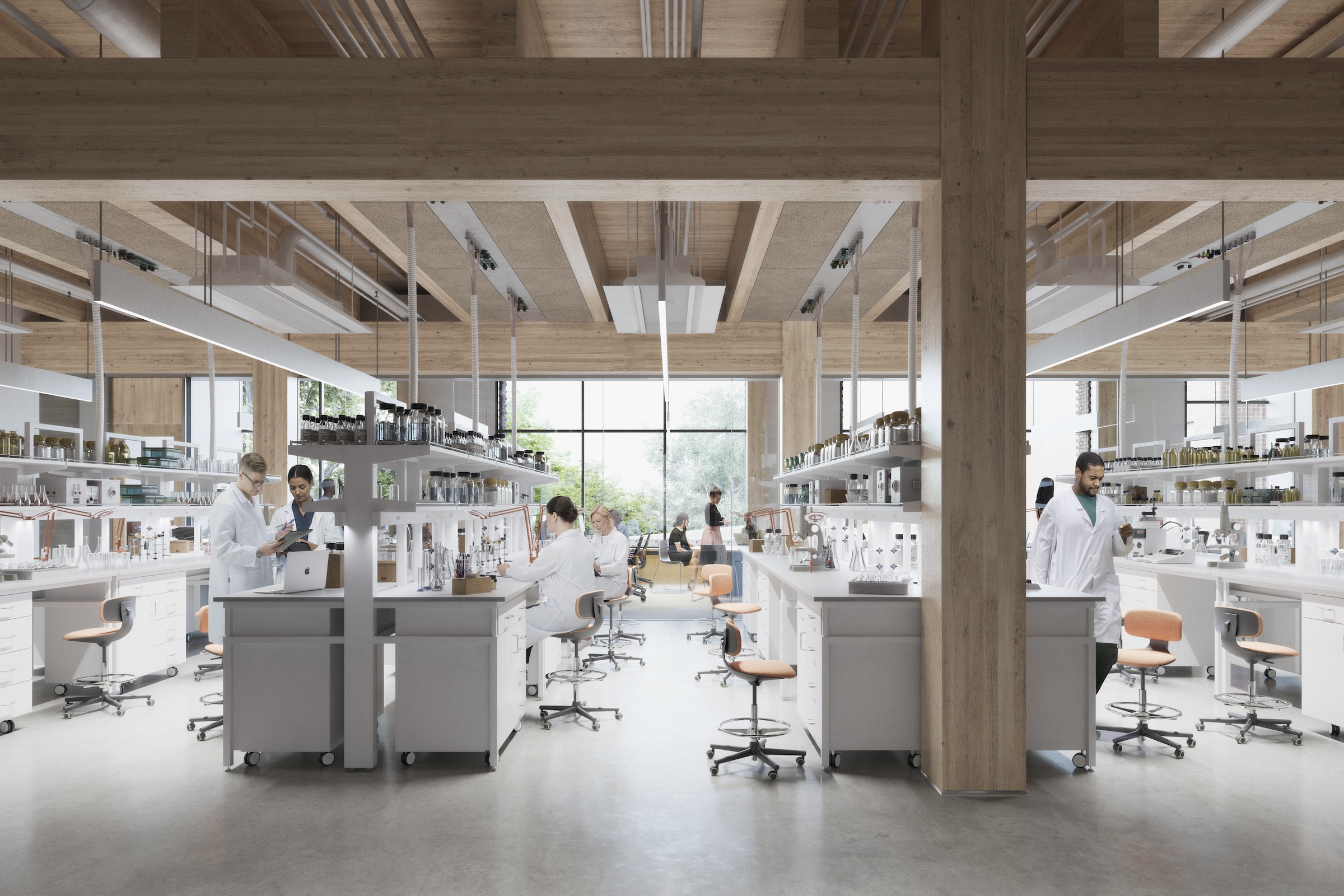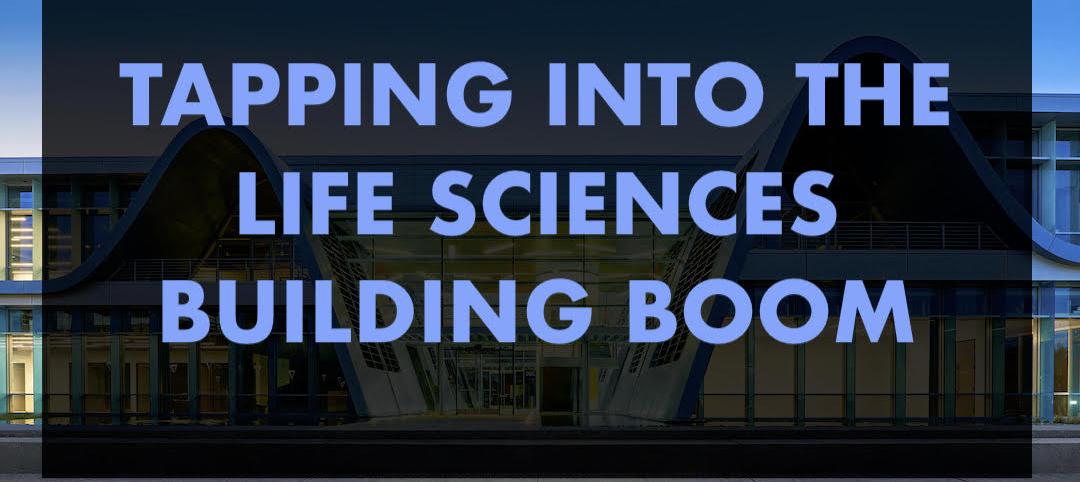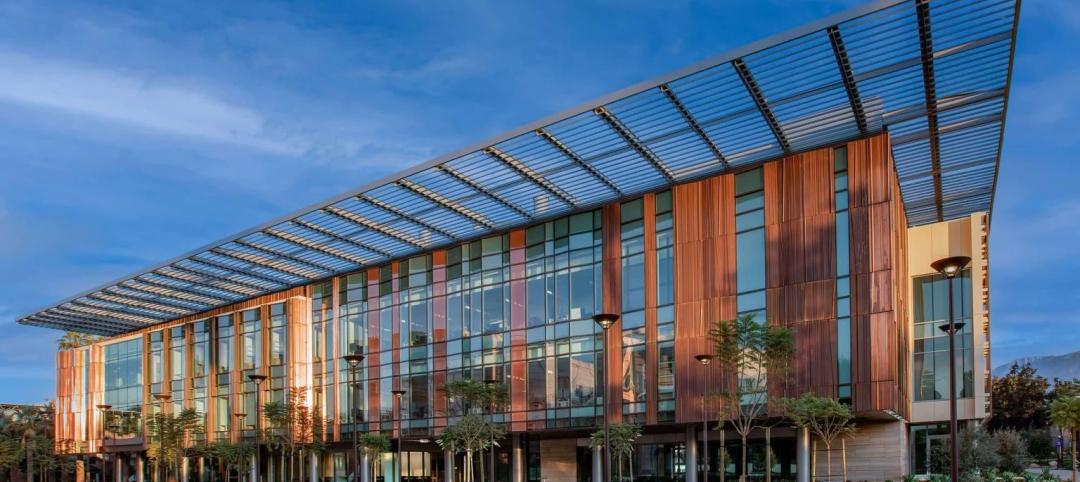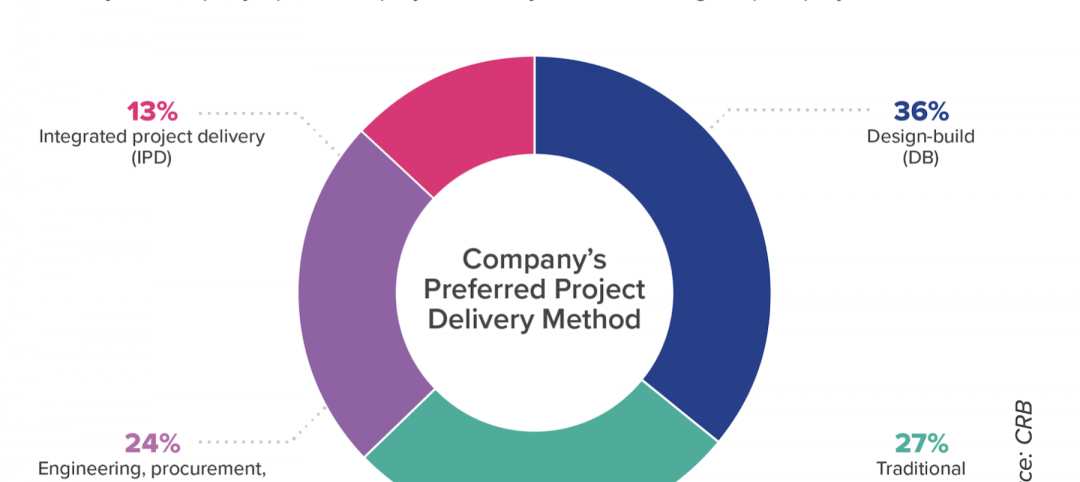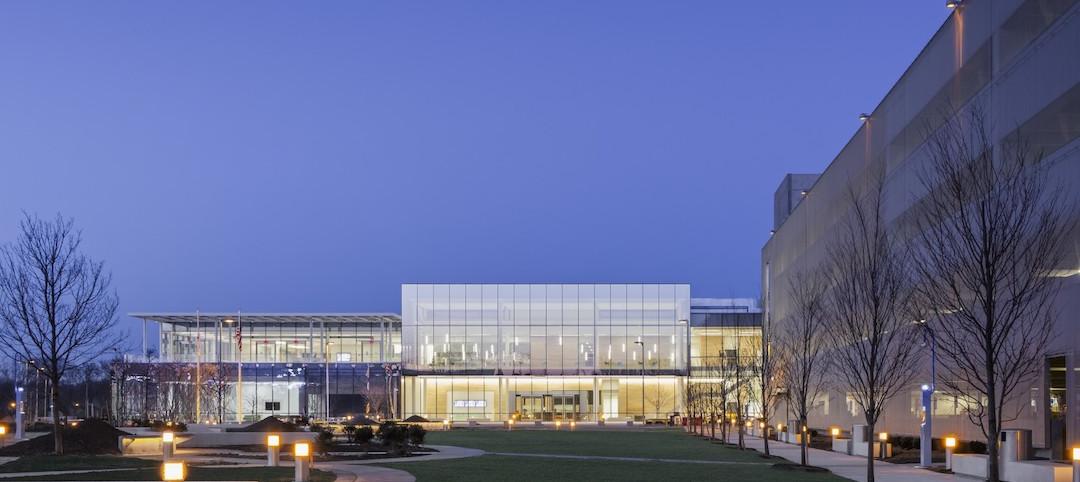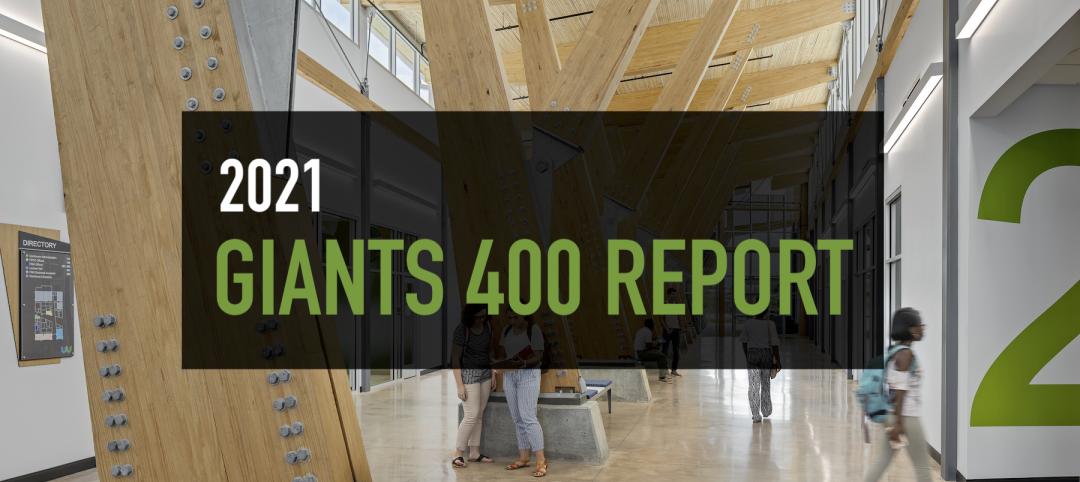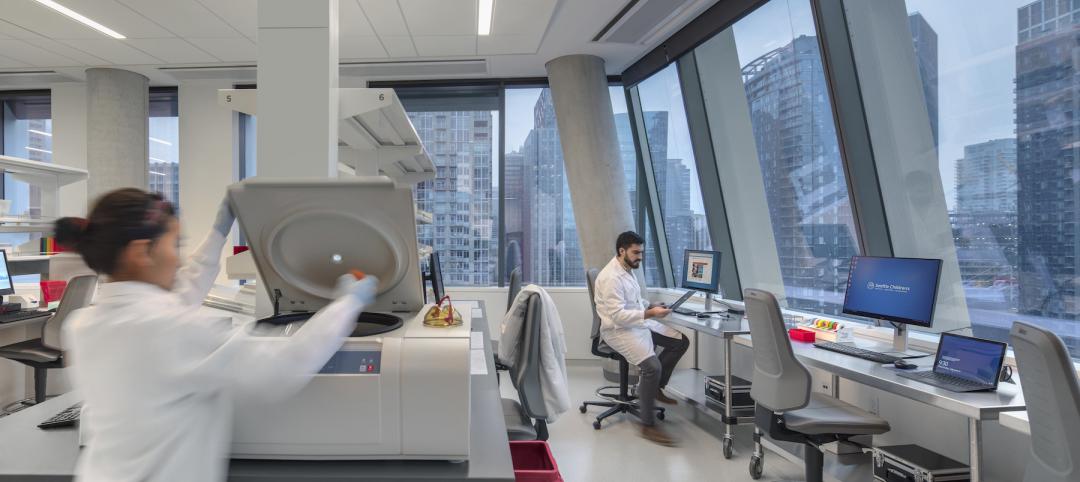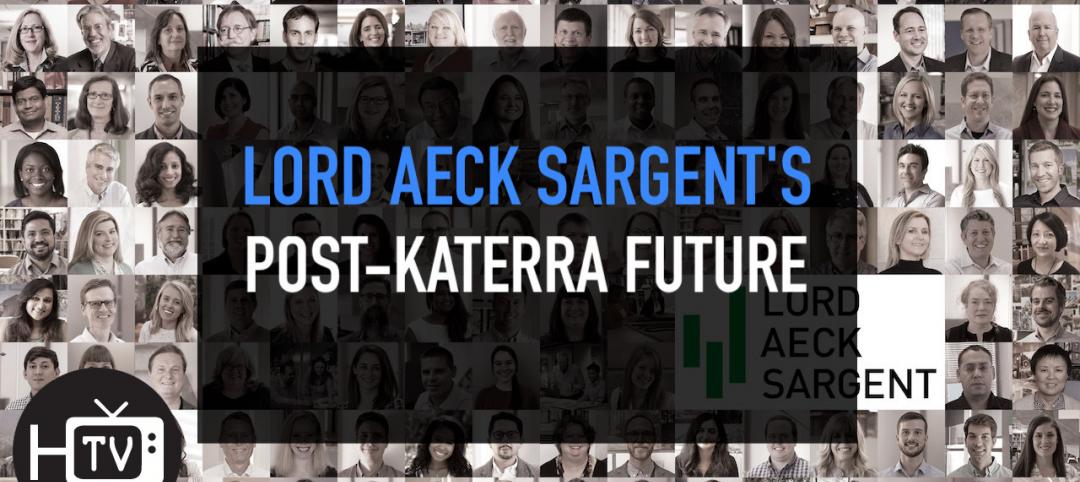In Corvallis, Ore., the Jen-Hsun Huang and Lori Mills Huang Collaborative Innovation Complex at Oregon State University aims to achieve a distinction among the world’s experimental research labs: It will be the first all mass timber lab meeting rigorous vibration criteria (2000 micro-inches per second, or MIPS).
Designed by ZGF Architects, the $213 million Huang Collaborative Innovation Complex, which broke ground in April, will be both a teaching center and a home for team-based transdisciplinary research on global challenges involving climate science, clean energy, and water resources. The center also will support research and learning in artificial intelligence, robotics, and materials science.
The three-level, 143,000-sf building features flexible experimental and computational laboratories, a 12,000-sf clean room, undergraduate student space, and cross-functional collaborative spaces.
The center also will harness one of the nation’s most powerful supercomputers, showcased on the public ground floor. The supercomputer’s rejected heat will help heat the building, which has the potential to become net zero operational carbon on an annual basis by 2030.
For the first-of-its-kind mass timber structure, ZGF collaborated with OSU’s College of Forestry to leverage its expertise in wood and regional forestry practices. To meet the vibration criteria of 2000 MIPS in mass timber, the project team created a structural bay in the lab interiors comprising mass timber columns, beams, and a composite deck.
This carbon-negative innovation not only provides the structural stability needed for the use of sensitive scientific equipment, it also reduces embodied carbon emissions by 108% compared to the traditional all-concrete approach. In addition, the exposed wood creates a beautiful interior environment and an inviting academic and research environment.
“We discovered over the course of planning that with careful coordination between the structure and building systems, mass timber works really well for research buildings,” Vladimir Pajkic, lead designer and partner at ZGF, said in a statement.
On the outside, electrochromic glass, in conjunction with intelligent building controls, changes tint based on the sun’s position and the level of cloudiness. Along with façade glazing and shading strategies, these smart windows increase daylight, reduce peak cooling load, and create a visually comfortable space.
On the Building Team:
Owner: Oregon State University
Design architect and architect of record: ZGF Architects
MEP engineer: AEI
Structural engineer: KPFF
General contractor: Andersen Construction
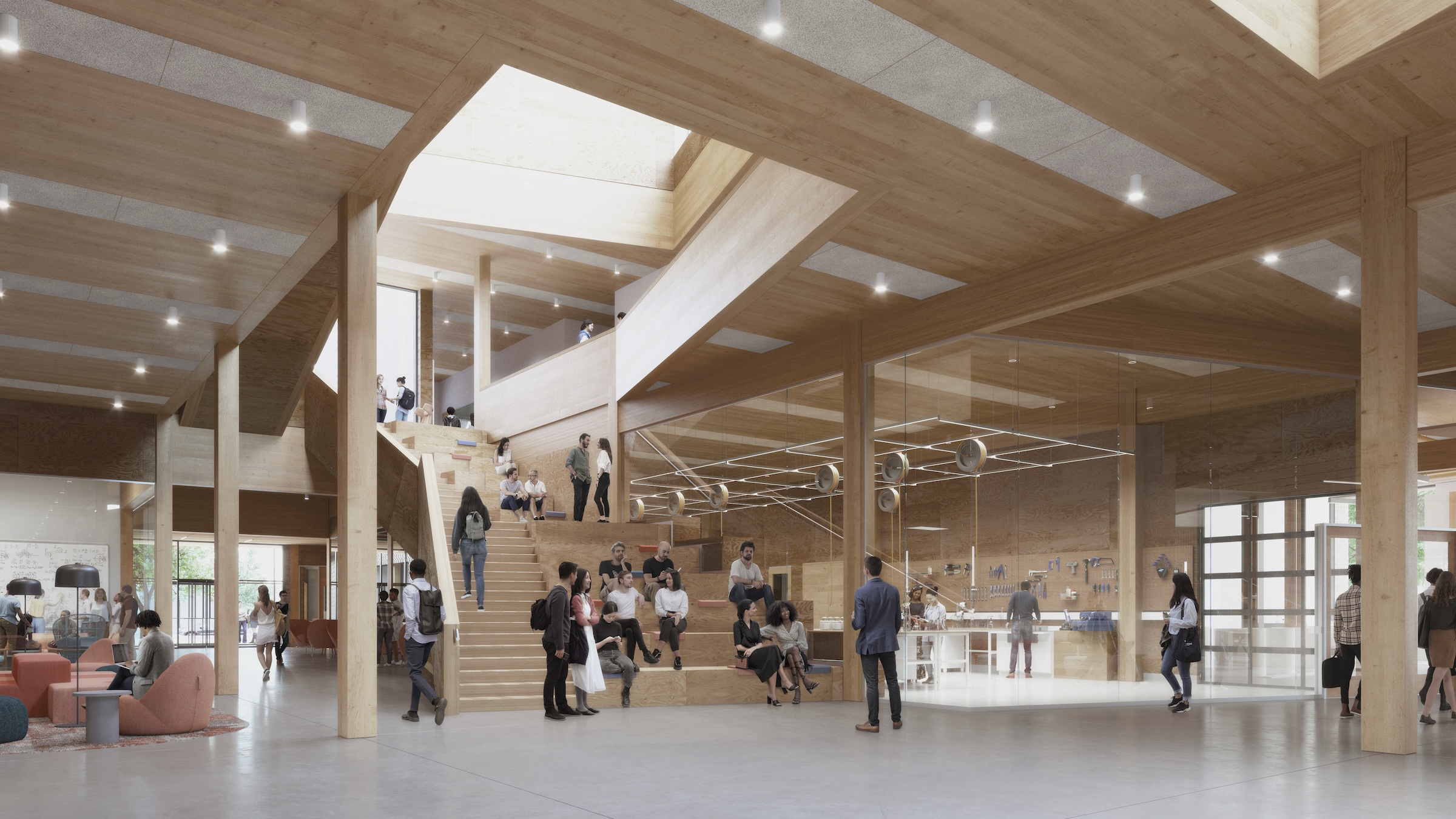
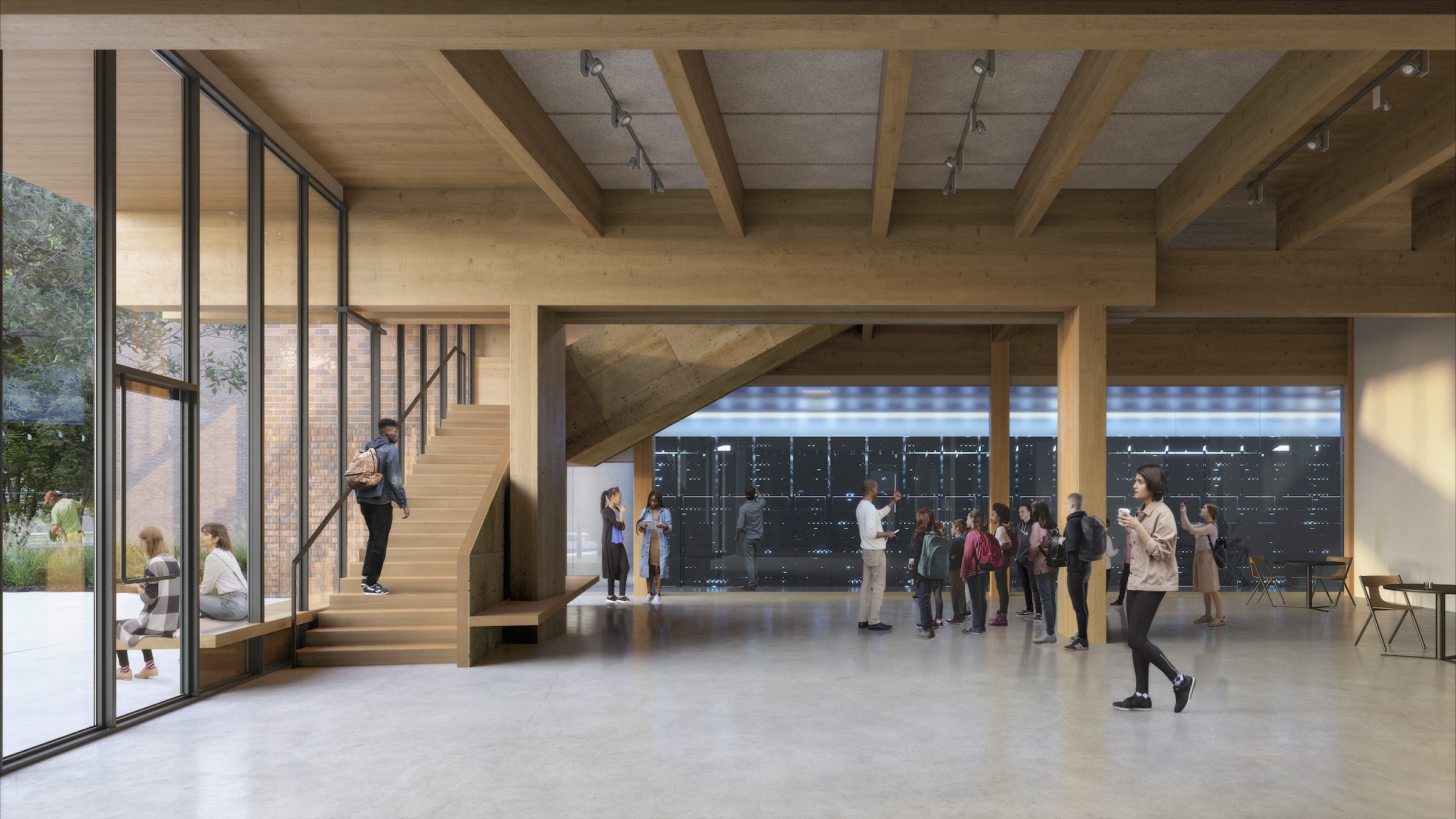
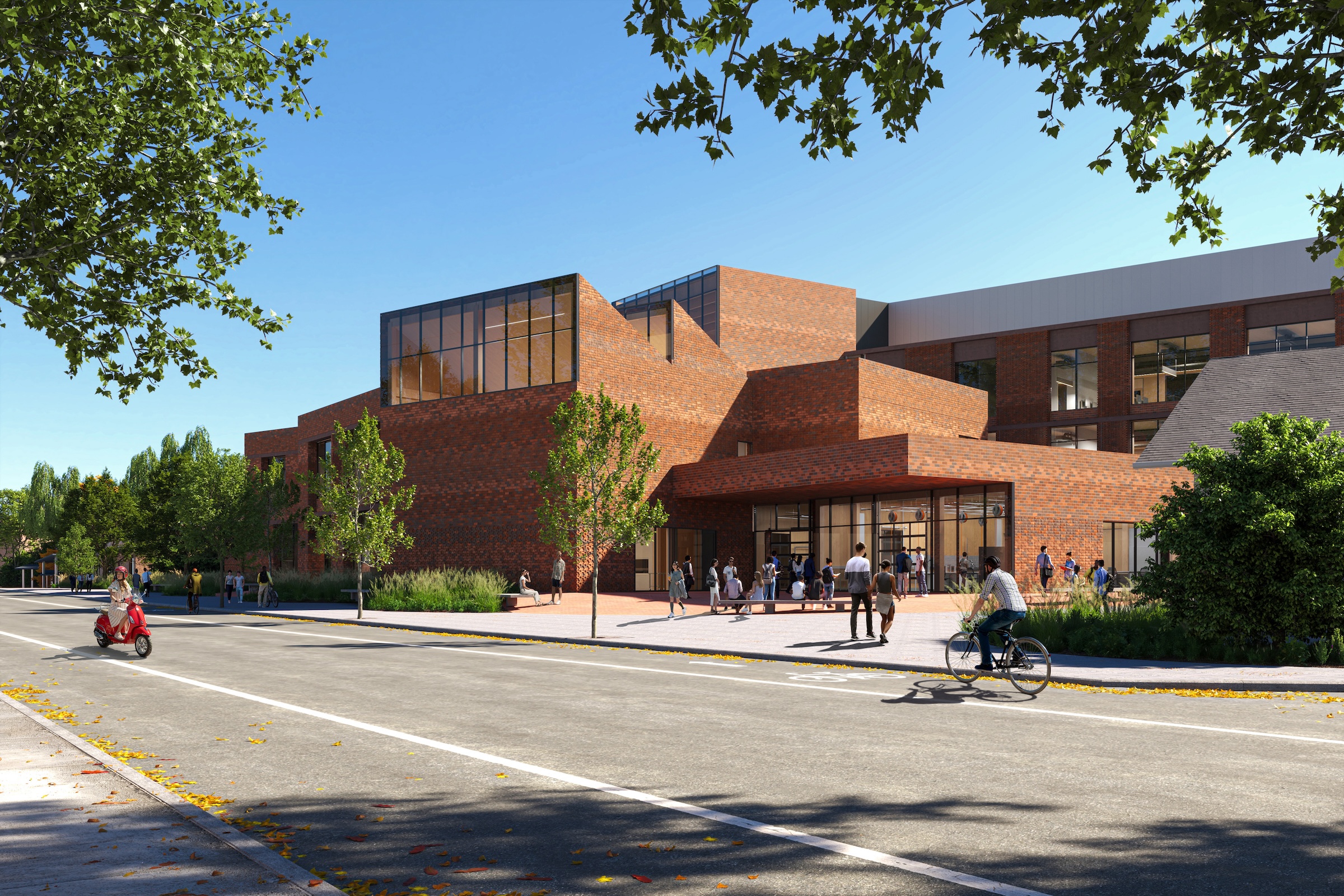
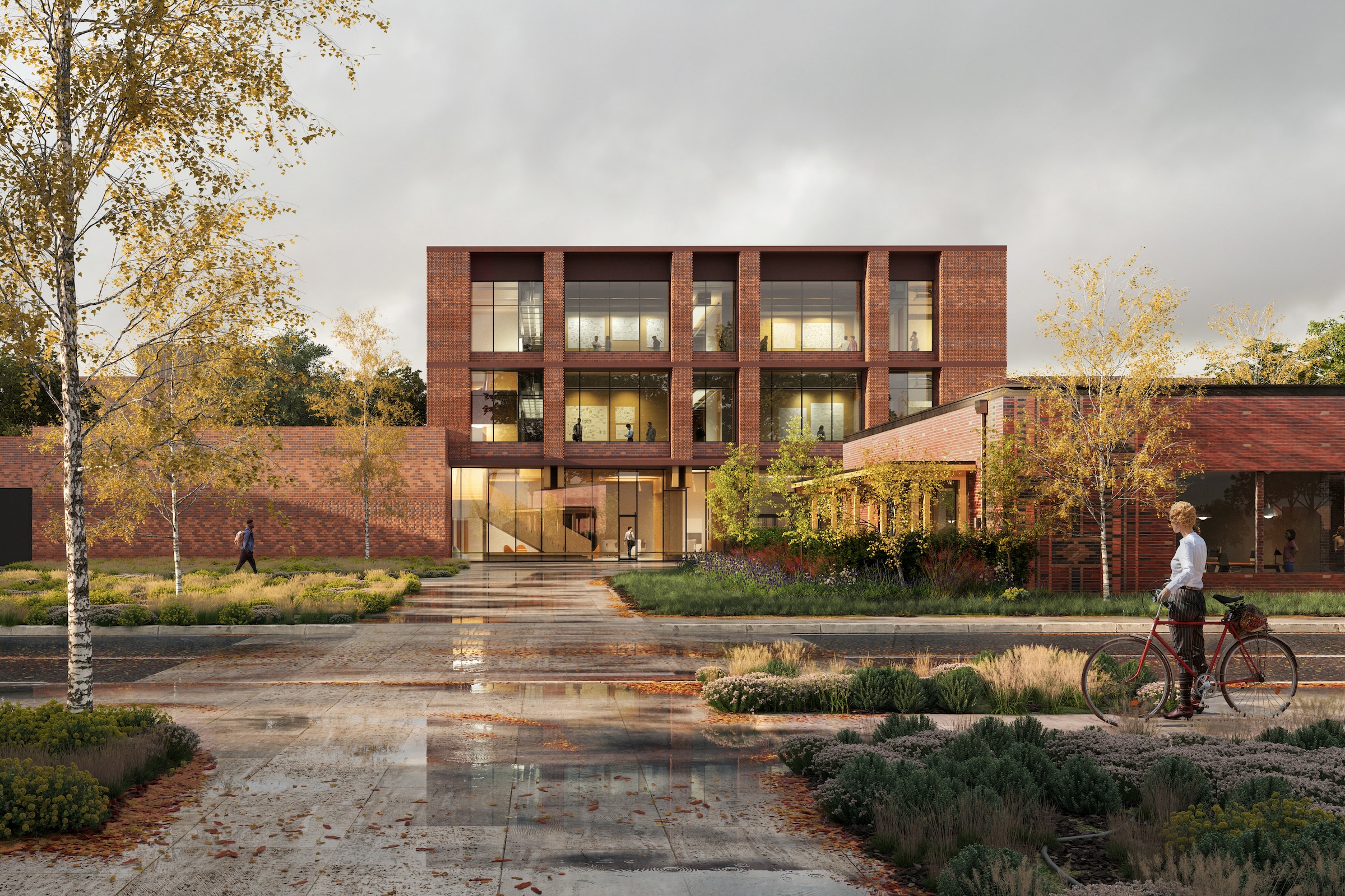
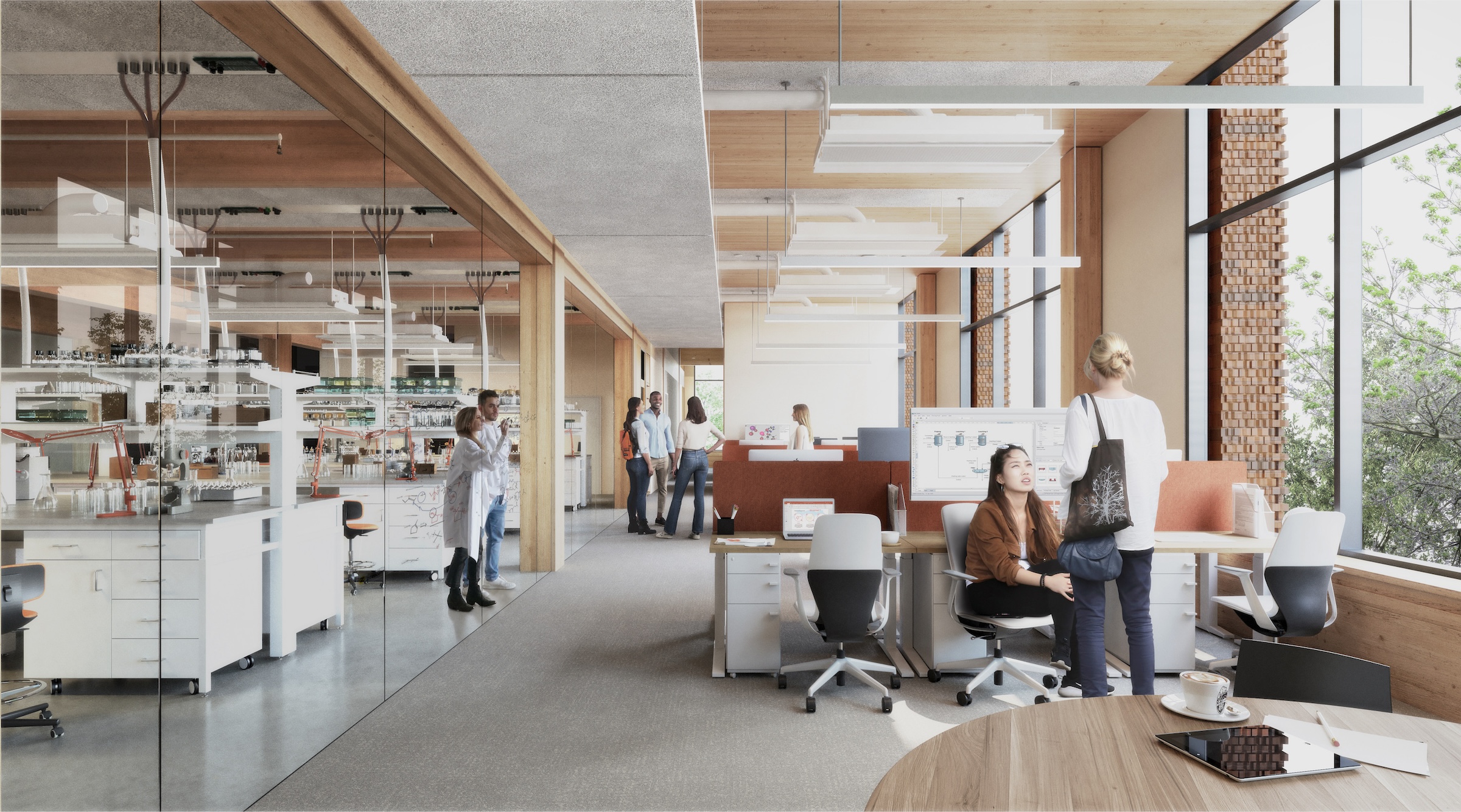
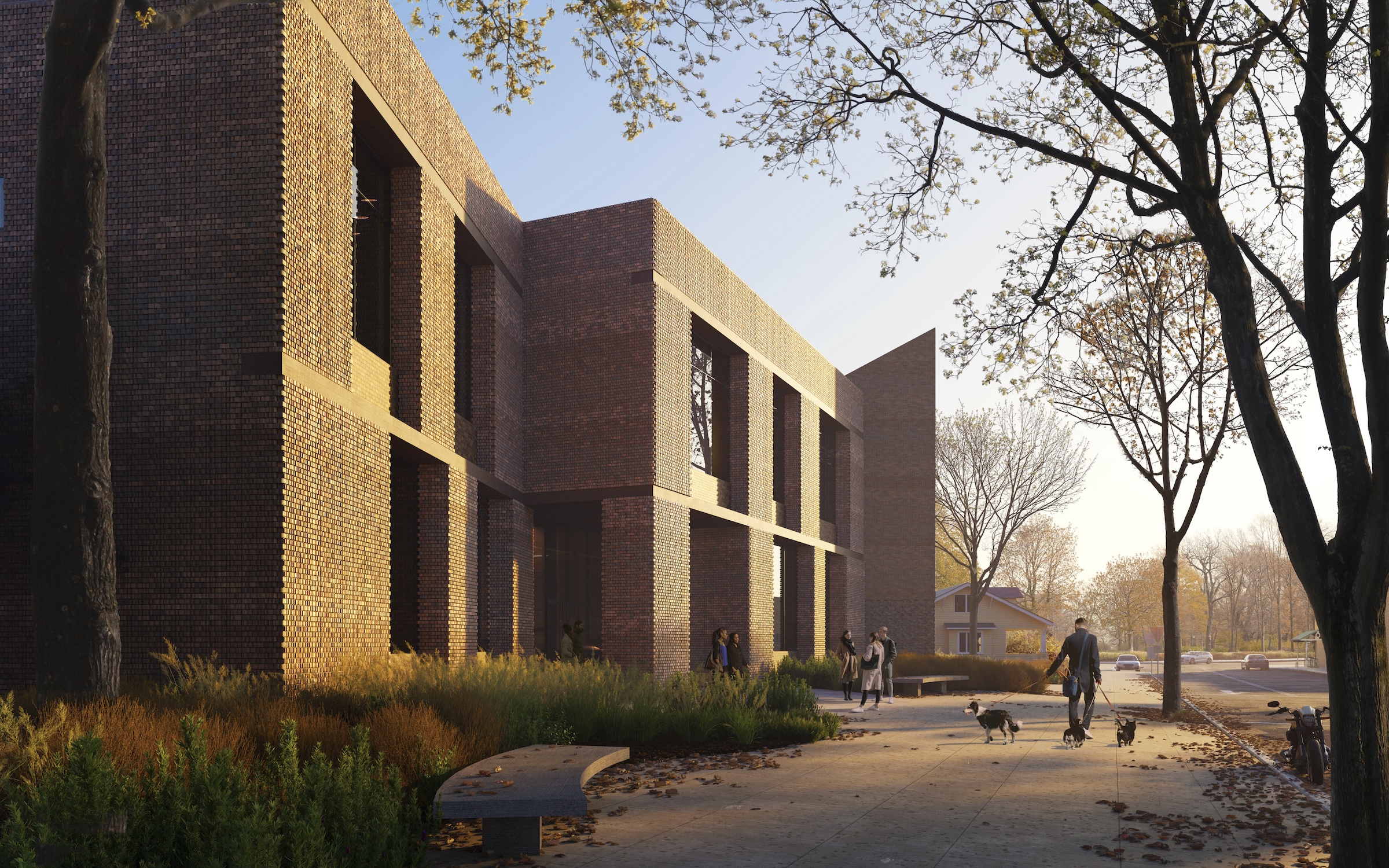
Related Stories
Giants 400 | Dec 31, 2021
2021 Science and Technology Sector Giants: Top architecture, engineering, and construction firms in the U.S. S+T facilities sector
HDR, CRB, Jacobs, Skanska USA, and Whiting-Turner Contracting Co. top the rankings of the nation's largest science and technology (S+T) sector architecture, engineering, and construction firms, as reported in the 2021 Giants 400 Report.
Laboratories | Nov 18, 2021
Tapping into the life sciences building boom
Paul Ferro of Form4 Architecture discusses how developers are pivoting to the life sciences sector, and what that means for construction and adaptive reuse.
2021 Building Team Awards | Nov 17, 2021
Caltech's new neuroscience building unites scientists, engineers to master the human brain
The Tianqiao and Chrissy Chen Institute for Neuroscience at the California Institute of Technology in Pasadena wins a Gold Award in BD+C's 2021 Building Team Awards.
Laboratories | Nov 17, 2021
New report finds a biopharma industry being reshaped by disruption
Industry respondents to CRB’s survey weigh in on project delivery, digitization, and off-site manufacturing for life sciences construction.
Laboratories | Oct 14, 2021
‘Next-generation’ Quest Diagnostics lab unveiled in New Jersey
Mark Cavagnero Associates designed the project.
Laboratories | Aug 31, 2021
Pandemic puts science and technology facilities at center stage
Expanding demand for labs and life science space is spurring new construction and improvements in existing buildings.
Giants 400 | Aug 30, 2021
2021 Giants 400 Report: Ranking the largest architecture, engineering, and construction firms in the U.S.
The 2021 Giants 400 Report includes more than 130 rankings across 25 building sectors and specialty categories.
Laboratories | Aug 30, 2021
Science in the sky: Designing high-rise research labs
Recognizing the inherent socioeconomic and environmental benefits of high-density design, research corporations have boldly embraced high-rise research labs.
Laboratories | Aug 25, 2021
Lab design strategies for renovations and adaptive reuse
Lab design experts in HOK’s Science + Technology group outline the challenges organizations must understand before renovating a lab or converting an existing building into research space.
Architects | Aug 5, 2021
Lord Aeck Sargent's post-Katerra future, with LAS President Joe Greco
After three years under the ownership of Katerra, which closed its North American operations last May, the architecture firm Lord Aeck Sargent is re-establishing itself as an independent company, with an eye toward strengthening its eight practices and regional presence in the U.S.


